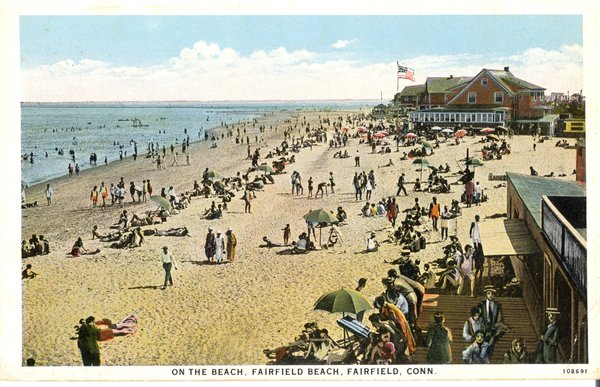I was going to write this blog post about spooky laws, like whether or not you have to disclose that your house might be haunted when you're selling it (short version: in some states, yes, in others, no), but that seemed boring. Instead, I decided to focus on costumes. Did you know that there might be local laws about when and where you can wear your costume? For example, in Oakland, California, you need a written permit from the Chief of Police, unless you are taking part in a carnival (which may or may not be on Halloween).
In Dublin, Georgia, no one is permitted to wear “a mask, hood or other apparel or regalia in such manner as to conceal his identity,” except for “children sixteen (16) years of age and under who may participate in traditional Halloween activities on the evening of the last day in October of each year, and who may be garbed in the usual or customary children's Halloween costumes.” They have an even stricter age limit in St. Clair, Missouri, where no one over 12 is permitted to wear a mask or disguise on Halloween. Closer to home, until 2020, New York had a state law prohibiting masks that was used over the years primarily to suppress protests against injustice, but had the additional effect of preventing most people from wearing masked costumes on Halloween.
And, because I can't do anything with some fun animal pictures, here are some awesome legal-themed costume ideas for you and your pet:
Elle Woods and Bruiser from Legally Blonde
Of all the "classic" law school movies, this one might be my favorite. I saw it not long before I took the LSATs, so I didn't like it at first, but in retrospect, it was pretty funny, and I strongly support law students who are advocating for positive change, particularly if their pets will agree to wear matching clothes. So, grab a pink outfit, a blonde wig, and a UConn sweater for your pet, and off you go! This was my attempt (although my cat, Bigfoot, was unfortunately not very happy about participating):

The I'm Not a Cat Filter Lawyer
We all remember that Texas lawyer who got stuck on the cat filter on Zoom. Why not commemorate that entertaining event by creating a costume? You could wear some cat ears and put your cat in a suit. Or you could just hold your cat up in front of your face for as long as they'll tolerate it. Just make sure you say "I'm not a cat" at regular intervals. (I wanted to include of picture of Bigfoot here, too, but she was less than cooperative.)

The Supremes
Pick a justice or nine and get some robes! This costume would be especially fantastic if you have nine people/pets who can each dress up as a different Justice, but at that point, you'd have to reenact full arguments John Oliver style (and please record every minute of it!). In the alternative, it's perfectly ok to pick a favorite. This dog dressed as Ruth Barker Ginsberg (or perhaps Ruth Bader Ginsbark) will probably always be my favorite.


Make sure you check out the Student Animal Legal Defense Fund's Halloween Photo Contest, and if you decide to use one of these ideas, please send me a picture!
-Tanya Johnson





